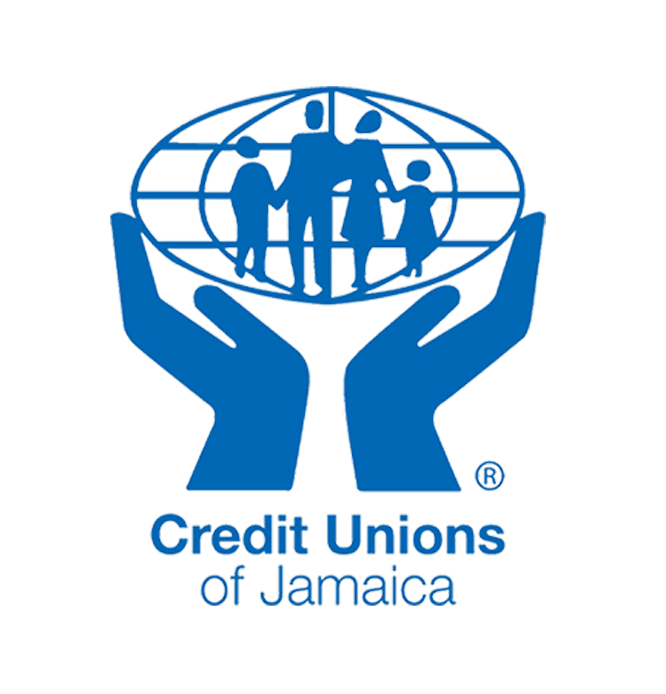
Co-operative Principles
Open and Voluntary Membership
Credit Unions are voluntary, Cooperative organizations, offering services to people willing to accept the responsibilities and benefits of membership regardless of race, religion, gender, political or economic circumstances. Credit Unions also operate as not-for-profit financial institutions with volunteer Board of Directors.
Democratic Member Control
Credit Unions are democratic organizations owned and controlled by their members, who actively participate in setting policies and making decisions. Each member of a Credit Union is an equal owner of that credit union and is entitled to one vote at the annual general meeting, regardless of how much money he or she has saved in the credit union.
Members’ Economic Participation
Members contribute equitably to, and democratically control the capital of the credit union.
Autonomy and Independence
Credit Unions are autonomous, self-help organizations controlled by their members. If the Credit Union enters into agreements with other organizations, including governments, or raise capital from external sources, it is done based on terms that ensure democratic control by the member and maintains the credit union autonomy.
Education, Training, and Information
Credit Unions provide education and training for members, elected representatives (directors/trustees), CEOs/GMs, and employees so they can contribute effectively to the development of the credit union. Communications about the nature and benefits of cooperatives, particularly with the general public and opinion leaders, help boost cooperative understanding.
Cooperation Among Cooperatives
Credit Unions serve their members most effectively and strengthen the Credit Union Movement by working together through local, national, regional, and international structures.
Concern for Community
Credit Unions work for the sustainable development of communities, through policies developed and supported by the members.

